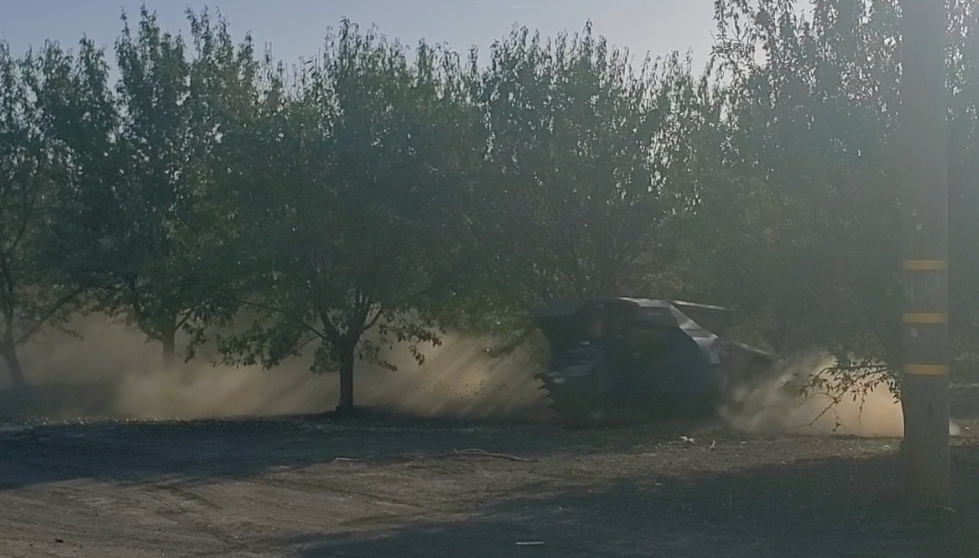Multibenefit Land Repurposing

Over the last 170 years, California has lost its natural resilience to cope with climate extremes such as drought, floods, and extreme heat. The result is that there is not enough water in California to sustain our current practices.
But we believe there is a way to recover the resilience lost in California: Strategic cropland repurposing
Strategic cropland repurposing is the change in land use from an economic activity that produces negative side effects (such as harming people’s health and the environment) to new land uses that produce positive side effects.
SEEN is working in several subbasins of the San Joaquin Valley to help this process become a success. The programs are called “Multibenefit Land Repurposing”, and they are sponsored by the California Department of Conservation. SEEN is currently working in the Tule and Kaweah subbasins with several groundwater sustainability agencies, nonprofits such as Self-Help Enterprises, The Nature Conservancy, Audubon Society, and Sequoia Riverland Trust, and with UC Merced. Our work includes partnerships with communities such as Allensworth in Tulare County, and we are creating a network of air quality monitors to understand how land use change affects air quality. We are also doing community science with water quality by testing nitrate and total dissolved solids in household water.
Air Quality Education

The San Joaquin Valley has the lowest air quality in the United States by annual particulate matter.
SEEN is doing several projects related to air quality monitoring and awareness, including workshops for children, bilingual DIY workshops for families (to make their own low-cost air filters), and office hours for community leaders.
Rural Disadvantaged Community perspectives about Renewable Energy and Climate Change

Renewable energies can be used to fight climate change, and rural areas of California where water is scarce and may not be suitable for Agriculture anymore have the opportunity to develop energy projects to benefit everyone in California.
But what are the perspectives of the residents of those rural communities that would surround renewable energy fields?
Our organization has been awarded with funding to exchange critical information about community perspectives and the future of energy in California with key stakeholders. We will interview people from and related to rural disadvantaged communities, agriculture, and the environment about their perspectives in climate change and renewable energy.
Our goal is to provide the industry, policymakers and scientists with essential information to be able to implement successful business, policies, and research that include disadvantaged community (and others) perspectives.
Water Filtration Pilot Project

Some rural disadvantaged of the San Joaquin Valley experience extremely low water quality.
Our team is developing a pilot project funded by the Union of Concerned Scientists to install water filtration systems in a few households to reduce their reliance in expensive bottled water that affects their income availability and contributes to pollution. This project is allowing the installation of a few filtration systems to prevent such toxic chemicals as nitrate, lead, and arsenic.
We are installing reverse osmosis systems and testing water quality from the regular tap and from the reverse osmosis filtration system several during the following months.
